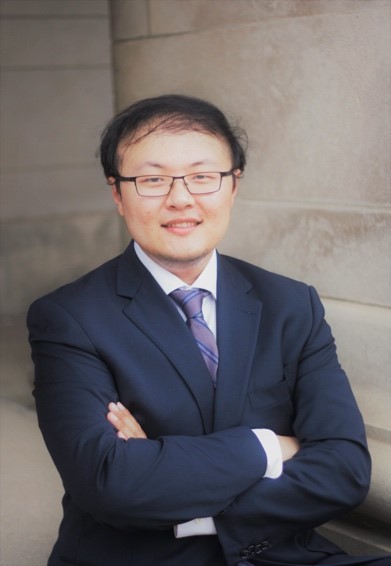Title: Firm Ownership and Pollution Control in China: Evidence from the Two Control Zones Policy
Speaker:Haoyang Li, Institute for Advanced Research, Shanghai University of Finance and Economics
Time: 13:30 – 15:00
Venue:Room 106, Zhonghui Building, Shipai Campus, Jinan University

About the Speaker
Haoyang Li is an Assistant Professor at Institute for Advanced Research, Shanghai University of Finance and Economics. He obtained his Ph.D. degree in Economics at Michigan State University. His research lies mainly in environmental and resource economics, agricultural economics, and energy economics. His research has been supported by the National Science Foundation of China, and his work has been published in journals such as American Journal of Agricultural Economics and Science of the Total Environment.
Abstract
China’s rapid improvement in environmental quality has not been fully explained, nor have the responses of firms to Chinese environmental policies been fully addressed. Here we analyze the behaviors of two different forms of enterprise, one state owned and the other privately owned, and analyze the differential reactions of these two types of firms to environmental regulations. Using the Two Control Zones policy as a natural experiment, we find that state-owned enterprises reduced emission levels through reducing emission intensity, while private enterprises were more likely to achieve emission reduction by reducing output. We further show how such response differences evolve as firms grow larger, regulation becomes more stringent, and local market becomes more liberalized, three prominent trends observed in the Chinese economy that may affect the effectiveness of environmental regulations in the future. The results are consistent with the predictions our theoretical model. This paper illustrates how environmental regulations affect firms in work in an economy that has both privately and publicly held firms.


